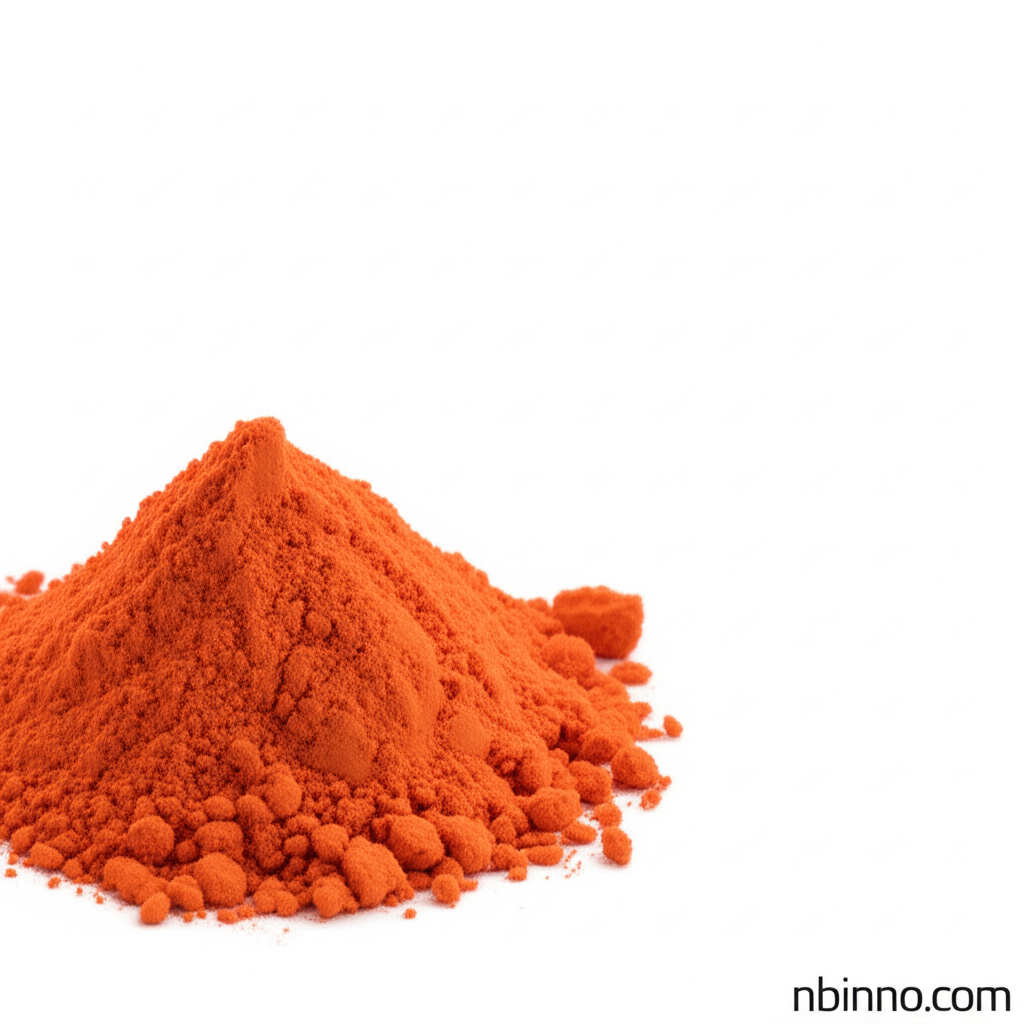Unlocking Doxorubicin's Anti-Cancer Potential: The Critical Role of Cholesterol and the EGFR/Src Pathway
Discover how managing cholesterol and understanding the EGFR/Src pathway can enhance doxorubicin efficacy.
Get a Quote & SampleProduct Core Value

Doxorubicin HCl Powder
Doxorubicin HCl Powder is a vital antineoplastic agent that works by interfering with DNA replication and promoting cancer cell death. This article delves into its nuanced mechanism, highlighting the crucial interplay between cholesterol metabolism and the EGFR/Src signaling pathway in dictating its therapeutic effectiveness.
- Explore the intricate doxorubicin cholesterol metabolism interactions and their impact on cancer cell survival.
- Understand how the EGFR Src pathway doxorubicin connection influences drug efficacy and potential side effects.
- Learn about the critical role of HMG-CoA reductase cancer pathways and how targeting them can be beneficial.
- Investigate strategies for cholesterol management cancer therapy to potentially boost doxorubicin's power.
Advantages in Therapy
Enhanced Efficacy Through Cholesterol Modulation
By understanding the doxorubicin cholesterol metabolism link, therapies can be optimized. Research suggests that careful management of cholesterol levels can significantly enhance the anti-cancer effects of doxorubicin.
Targeting the EGFR/Src Pathway
The study illuminates how EGFR Src pathway doxorubicin interactions are fundamental to its mechanism. Inactivating this pathway appears crucial for doxorubicin's cell-killing activity.
Mitigating Side Effects with Strategic Intervention
Exploring cholesterol management cancer therapy could lead to reduced doxorubicin toxicity. By influencing cholesterol levels, the debilitating side effects associated with doxorubicin treatment might be lessened.
Key Applications
Cancer Treatment
Doxorubicin HCl Powder is a potent agent used in chemotherapy regimens to combat a wide array of cancers, including breast, ovarian, lung, and various hematological malignancies.
Targeted Therapies
Insights into the EGFR inactivation cancer mechanisms offer pathways for developing more targeted therapeutic strategies, potentially improving treatment outcomes.
Drug Development Research
This research contributes to the ongoing development of new cancer therapies by elucidating the molecular mechanisms underlying doxorubicin's action and identifying novel targets for intervention.
Personalized Medicine
Understanding individual patient variations in cholesterol metabolism and EGFR/Src pathway activity could pave the way for more personalized approaches to doxorubicin therapy.
